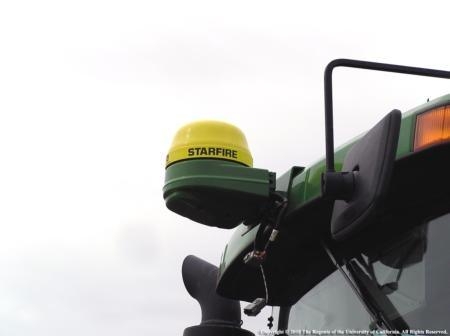Agricultural innovation and technological advances have been harvested from UC Davis over the last century. As advances are achieved, our growing global population applies pressure for researchers to achieve more. California is a top world-wide producer of agricultural products, and California researchers work hard to find new and better ways to produce food.
The UC Davis College of Agricultural and Environmental Sciences (CA&ES) does much to contribute towards this effort. The recent CA&ES Outlook: Feeding a Hungry Planet highlights current research and innovations to provide agricultural producers knowledge and technology needed to make better, faster and economically sound decisions. This work is focused towards agriculture, conservation and economics. The articles are interesting and provide much food for thought.
For instance:
- Everyone needs to eat, and our global population is growing quickly. Economists have documented substantial long-term benefits of agricultural research.
- To continue feeding a growing population we have two options: increase yields on land already in production, or expand agriculture onto new land.
- UC researchers are developing “precision agriculture” methods, which use global positioning systems (GPS), geographic information systems (GIS), wireless networks, and innovative sensor technology to deliver precise amounts of water, fertilizer and pesticides to individual plants or small blocks of plants. This individualized management will save growers money and reduce the potential environmental load from excess fertilizer and pesticide use.
- Using GPS, a mechanical weeder has been developed. This will save growers money and reduce the need for herbicide use. On-campus testing has been successful and the weeder will be tested in a commercial field next year.
- Increasing biodiversity on and near the farm provides many benefits towards increased food production while increasing the sustainability of farming systems.
Learn more about these topics and many others in the Fall/Winter edition of CA&ES Outlook. To find out more about the UC Davis College of Agricultural and Environmental Sciences, or to view previous publications please visit their website.
